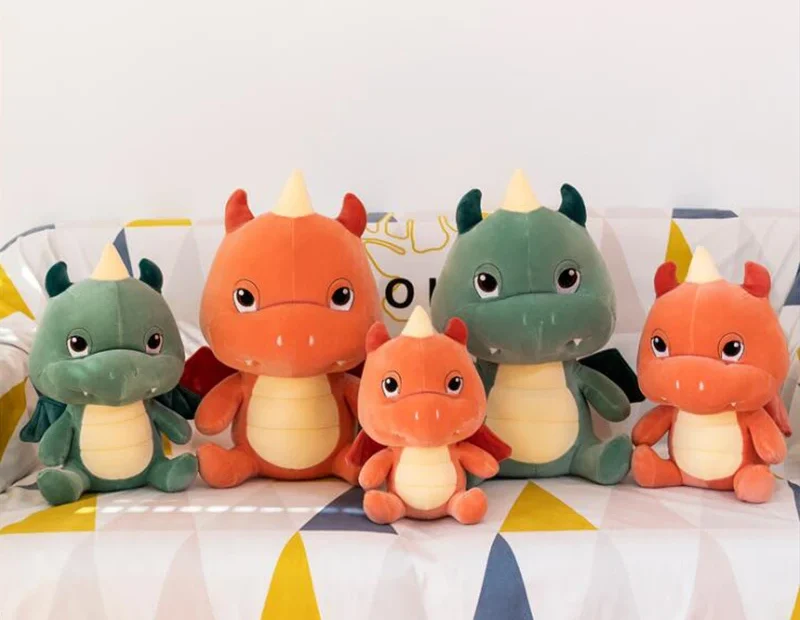Ever noticed your child getting attracted to soft toys? It is a no-brainer that kids love stuffed toys and we, as parents, have awe moments watching them adore their toys. They share their secrets and happy moments with their soft toys as they are very special to them, soft toys are a blessing!. It is strange how a teddy bear with big eyes and nose remains dear to your kid even when it loses its fluffiness and softness over time as stuffed toys have always been a blessing for our kids.
No matter how old a stuffed toy is, it always remains close to a child’s heart. They are a partner in every child’s adventures. For kids, soft toys are a token of love and never-ending attachment which teaches them how to care.
Soft toys can stimulate and awaken a child’s mind in several ways. When a child interacts with a soft toy, they engage their imagination and creativity. It can help them develop their cognitive skills. Soft toys also provide sensory stimulation through touch, which can help a child develop their tactile abilities. Additionally, playing with soft toys can provide emotional support and comfort, helping a child develop a sense of security and confidence. Overall, soft toys can provide a range of benefits that contribute to a child’s mental and emotional growth.
So, let’s dive in a little deep and understand why kids love soft toys so much from a psychological point of view.
Soft toys awake kids’ mind
To prove that soft toys are a blessing, studies show that about 70% of kids in the United States and the United Kingdom feel attached to an object, and this object is mostly a stuffed toy. However, getting attached to stuffed toy or a soft toy leaves a very good impact on a child’s overall development. We live in a digital world where kids remain surrounded by digital gadgets. In these times, It is way better for them to be attached to a toy and play with it. This aids in mental growth and saves them from too much exposure to harmful rays that come from your Smart TV, laptop, and smartphones.
Another benefit of playing with stuffed toys is the emotional and social growth of your child. It even helps your child learn motor skills as they verbally and physically interact with the stuffed toy. Research also shows that there is no harm if an infant plays with a soft toy. Especially if the stuffed toy they play with is of good quality.
When an infant interacts with a soft toy, they analyzes the things around which are helpful in their growth. As a parent, you can make sure to buy soft toys from brands like Teddy Daddy. High-quality fabric and stuffing, which are safe for kids, are used by Teddy Daddy to create their toys.
Another reason why kids remain so attached to soft toys is that they watch cartoons. They see toys interacting with humans. This makes children believe that their toys actually have feelings which is not at all a bad thing. So, as a parent, it is a great practice to bring in stuffed toys for your kids and help them learn new things while having fun.
Soft toys provide opportunities for imaginative play
Children often use plush toys as characters in their own stories. This encourages creativity and helps them develop their narrative skills. Playing with plush toys can also help children develop empathy and emotional intelligence. As they often project their own feelings and emotions onto their toys.
Soft toys can also provide sensory stimulation through touch, which is crucial for a child’s development. The plush and tactile nature of these toys can help children develop their sense of touch and fine motor skills. They can also help children learn about different textures, shapes, and sizes, which can contribute to their cognitive development.
Moreover, plush toys can be a source of comfort and emotional support for children. They often become a child’s closest companion, offering a sense of security and familiarity. This can be especially helpful for children who may be experiencing anxiety, loneliness, or other emotional challenges.
In conclusion, plush toys offer a range of benefits that can help awaken a child’s mind, including promoting imaginative play, sensory stimulation, and emotional support. By providing a safe and comforting outlet for children to explore and express themselves, plush toys can contribute to a child’s overall development and well-being.
